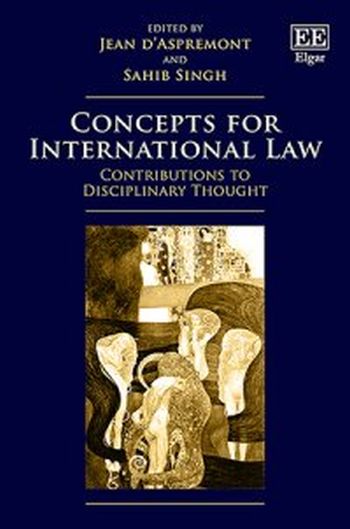
Concepts allow us to know, understand, think, do and change international law. This book, with sixty chapters by leading scholars, provides a nuanced guide to those concepts of historical significance for international law, as well as those that have become central to how we think about the discipline. In select cases this book also offers some new concepts, seeking to address familiar concerns that have not been fully articulated within the discipline.
This unique book is the first expansive exploration of concepts that have become historically central to the discipline. It allows us to appreciate how order, struggle and change play out in international law and legal thought, and how these concerns of power implicate ethical considerations. Embracing a wide range of historical and theoretical approaches, this book hopes to ignite a renewed, fertile engagement between our concepts and the contemporary, precarious, conditions of international legal life.
Thought-provoking, original and engaging, this book is essential reading for researchers, postgraduates and doctoral students in international law, legal history and legal theory. Academics in international relations, history, sociology and political thought will also find this an essential read.